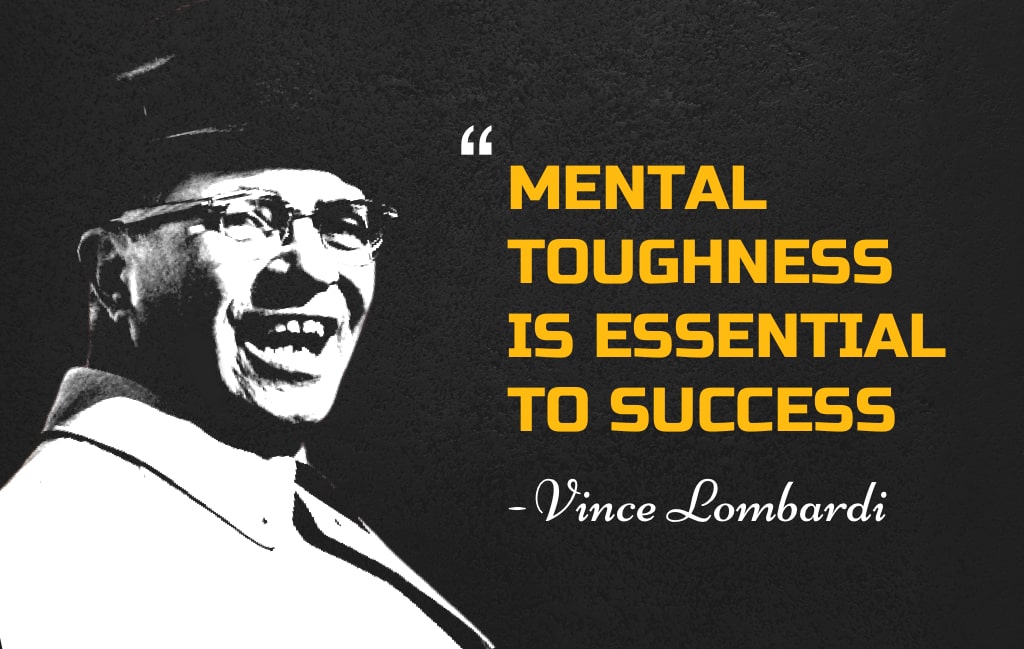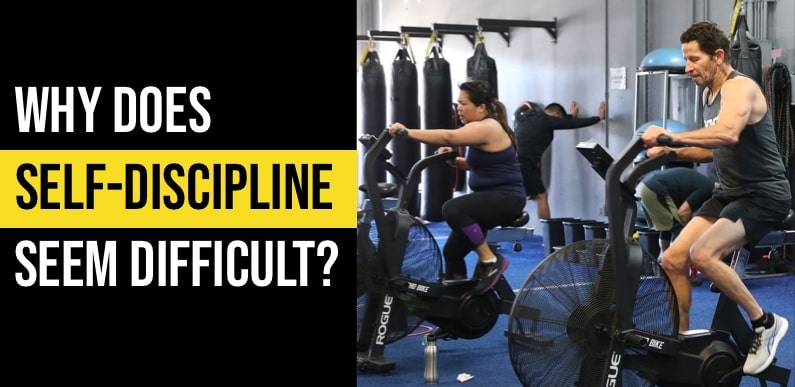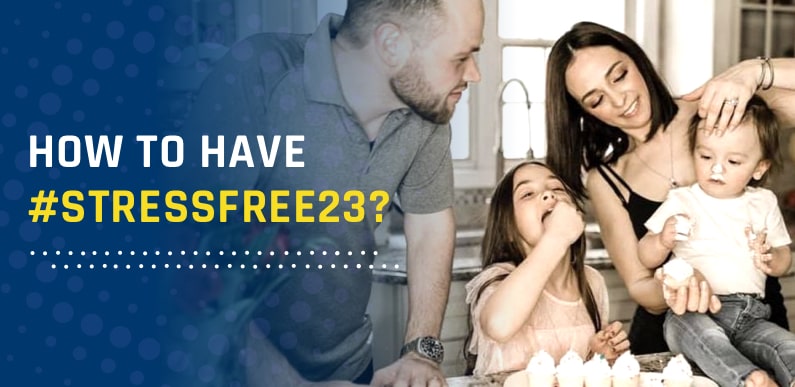Mental strength isn’t something you can measure or can be broken down by sets and reps. It’s hard to train your mind to work for you. Emotional resilience, or mental strength, describes how well someone is able to deal with pressures, challenges, and stressors. You can obtain greater life satisfaction if you work on your mental strength and prevent a mental health crisis in the future.
Every day is a new opportunity for us to build our mental strength. Mental toughness is built through small wins, and it’s the individual choices we make daily that build our “mental toughness muscle.”


We find ourselves in situations that test our will and ability to cope with adversity. Mental toughness isn’t an innate trait; it’s something we must construct through focused, positive action in the face of impending challenges.
There’s no better time than the present to train your mental strength and make it your own. These tips will help you build a mindset that will help you face new challenges in life with greater confidence.
Tip 1: Build up your self-esteem – People’s choices and decisions are heavily influenced by their self-esteem. Self-esteem motivates people by increasing or decreasing their likelihood of taking good care of themselves and reaching their full potential.
It is crucial because it’s one of the most important factors in our lives. Self-esteem, as a term, refers to how we value ourselves and treat ourselves. On the other hand, high self-esteem is associated with optimism, self-confidence, and overall happiness. People with high self-esteem are more likely to take care of themselves, exercise regularly, and seek opportunities for personal growth and development. They tend to be happier than people who don’t have a high level of self-esteem — at least according to studies that have been done on this matter.
Tip 2: Develop realistic goals; One thing a moment – Have you ever set a goal for yourself but were unable to reach it? It’s an unfortunate reality that many people face in their lives. The key to overcoming this problem is ensuring that your goals are entirely achievable, measurable, and time-bound. Then you can structure them into steps that will give you the results you want in life.
Tip 3: Practice visualization – The process of visualization involves using your five senses: vision, smell, touch, taste, and hearing, to direct your subconscious mind toward your goal.
It can be done at any time of the day. You can visualize yourself achieving your goals by picturing yourself doing things such as:
-Eating healthy food
-Exercising regularly
-Sharing your knowledge with others
-Writing down ideas for something new
Tip 4: Have a positive attitude – You know that saying, “It’s not if you fall, but how many times you get back up”? That’s the idea behind positive thinking. It’s not about making your problems disappear or making yourself feel better when they happen—it’s about learning to deal with them in a way that will benefit your health and well-being.
Learning to look at the world through a positive lens can be much easier to change your mindset. You’ll be able to see opportunities where others might miss them and come up with solutions when others are stuck.
Tip 5: Take responsibility for your actions – Accountability is about doing your best, not being perfect. It means you’re meeting your obligations, tasks, and goals. It means you’re working hard, but not at the expense of your health or well-being. And if an unexpected challenge comes your way, you can focus on a solution without pointing fingers.
But it’s not easy to be accountable. We all get caught up in blaming others for our problems and feeling like we’re never good enough. We all want to accomplish as much as possible in a day and feel under pressure while maintaining good health and well-being.
We know that in order to be successful in life—and especially when it comes to our work—we need to find ways to balance these competing forces: take responsibility for our actions and behaviors without blaming others; fulfill our obligations; complete tasks; meet goals; manage stress; stay healthy; make decisions based on facts rather than emotional impulses or biases; manage expectations from others.
Takeaway
Mental toughness and self-confidence aren’t attributes we’re born with; they’re skills we must develop over time. And just like any contest, the battle for self-confidence begins in practice. Take one small step toward building mental strength every day, and you will be surprised at how strong you are becoming every day. So, every morning when you shower, think about your goals for the day. By making small but calculated efforts to improve our self-regard, we strengthen our resolve for future challenges and ultimately build mental strength.
Every time you stumble and fall, as an obstacle gets in your way, pick yourself up right away. Be positive and believe in yourself because only you can achieve success. Believe in the power of positivity and be like water: fluid, flexible, adaptable, strong, and silent. It’s all about finding peace and acceptance in what life throws your way and how you deal with it. The more you work at something, the easier it gets, and the more you’ll feel like doing it again!
👉🏻 For more Accountability-related blogs,click here
https://fns360.com/blog/category/accountability-2/.
👉 You can also check out more such videos, The Huddle with Coach Brian Nunez – Mindset Motivation & Interviews.






